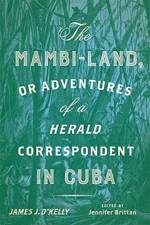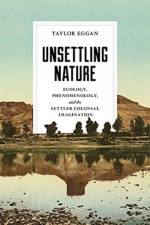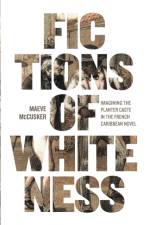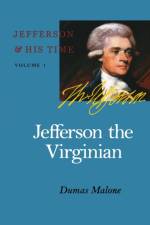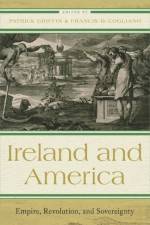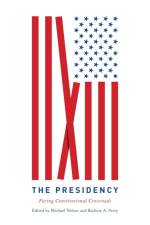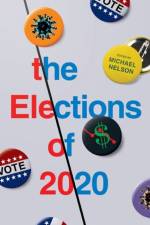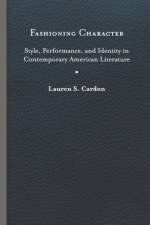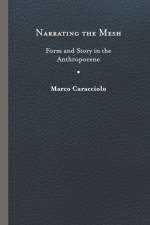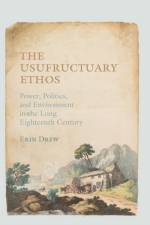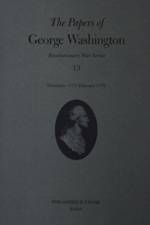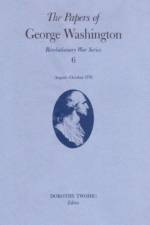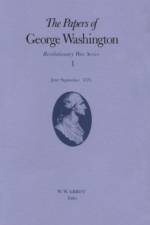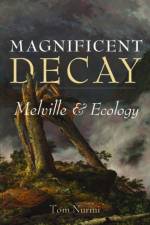av Michael Nelson
361
<p>The Elections of 2020 is a timely, comprehensive, scholarly, and engagingly written account of the 2020 elections. It features essays by an all-star team of political scientists in the immediate aftermath of the 2020 general election, chronicling every stage of the presidential race as well as the coterminous congressional elections, paying additional attention to the role of the media and campaign finance in the process. Broad in coverage and bolstered by tables and figures presenting exit polls and voting results in the primaries, caucuses, and the general election, these essays discuss the consequences of these elections for the presidency, Congress, and the larger political system</p><p>ContributorsMarjorie Randon Hershey, Indiana University * Marc J. Hetherington, University of North Carolina at Chapel Hill * Charles Hunt, Boise State University * Gary C. Jacobson, University of California, San Diego * William G. Mayer, Northeastern University * Nicole Mellow, Williams College * Gerald M. Pomper, Rutgers University * Paul J. Quirk, University of British Columbia * Andrew Rudalevige, Bowdoin College * Candis Watts Smith, Pennsylvania State University</p>


